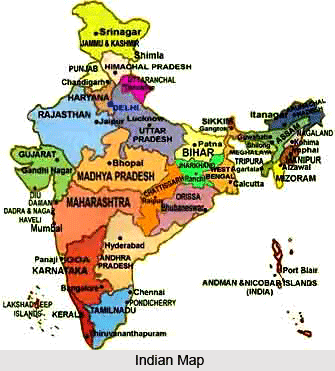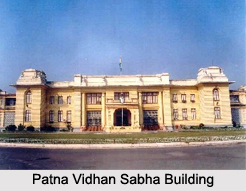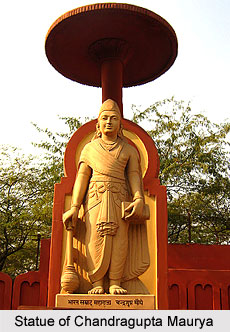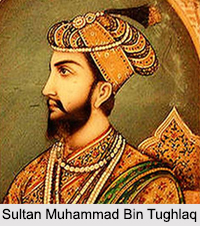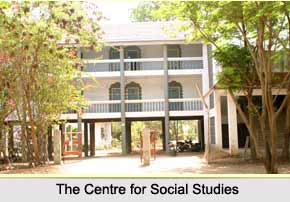 The Centre for Social Studies is an autonomous Social Science Research Institute Supported by the Indian Council of Social Science Research (ICSSR). It is financed by the Ministry of Human Resource Development (MHRD), Government of India (GoI) as well as Department of Education, Government of Gujarat. Founded as the Centre for Regional Development Studies by late Professor I.P. Desai in 1969, it is located on the campus of Veer Narmad South Gujarat University (VNSGU), Surat.
The Centre for Social Studies is an autonomous Social Science Research Institute Supported by the Indian Council of Social Science Research (ICSSR). It is financed by the Ministry of Human Resource Development (MHRD), Government of India (GoI) as well as Department of Education, Government of Gujarat. Founded as the Centre for Regional Development Studies by late Professor I.P. Desai in 1969, it is located on the campus of Veer Narmad South Gujarat University (VNSGU), Surat.
The Centre`s faculty members are drawn from a number of social science disciplines including those from Sociology, Human Geography, Economics, Anthropology, History, Statistics, and Social Work. CSS faculty includes scholars with a wide range of interests, whose writings continue to appear in Indian and foreign journals and books. The research interests of the faculty address scientific methods of enquiry, studies on tribals, Dalits and minority groups, ethnographic enquiries, sects and religion, rural transformation, social conflicts, movements and riots, urbanization and development, urban and regional planning, literature and social consciousness, human resource development (education and health), coastal studies, environment and social impact assessment of projects etc. In recognition of their contributions to the respective fields, members of the faculty are represented on various governmental and non governmental panels and advisory committees at local, state and national levels. Apart from team work at the Centre, faculty members also collaborate with scholars from other academic institutions in India and abroad. Besides multi-disciplinary research, the Centre has also been actively involved in guiding doctoral students, teaching, consultancy, training, as well as evaluation and monitoring of various development programmes.
The CSS is registered under the Societies Registration Act of 1860 (Registration No. Gujarat/314/SURAT) and Bombay Public Trust Act of 1950 (Registration No. F-235/SURAT). The Centre is a registered research institution with Department of Scientific and Industrial Research (DSIR), Ministry of Science and Technology, Government of India. Contributions to the Centre are exempted under Section 35(i) (ii) of the Income Tax Act, 1961.
This article is a stub. You can enrich by adding more information to it. Send your Write Up to content@indianetzone.com

